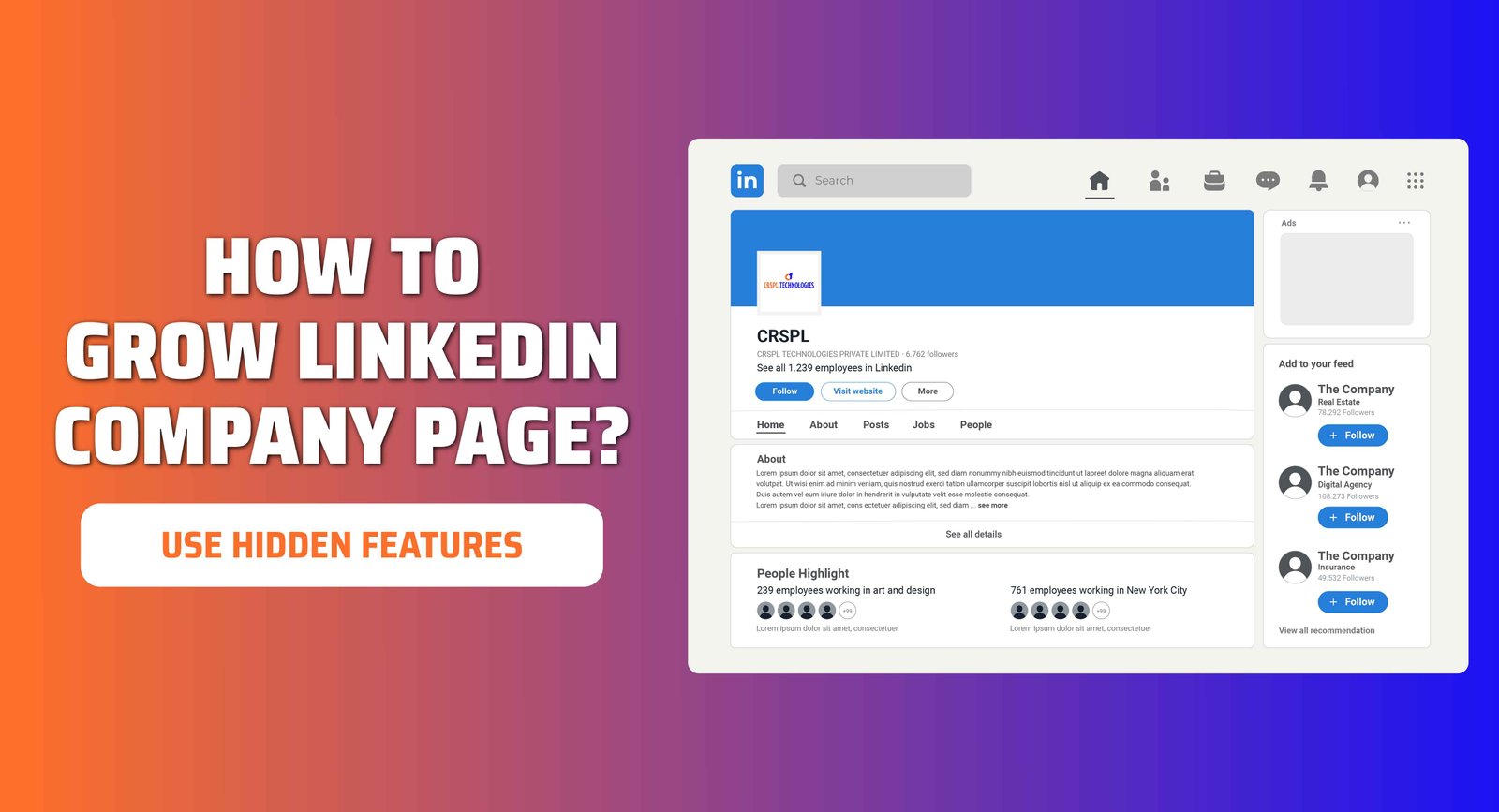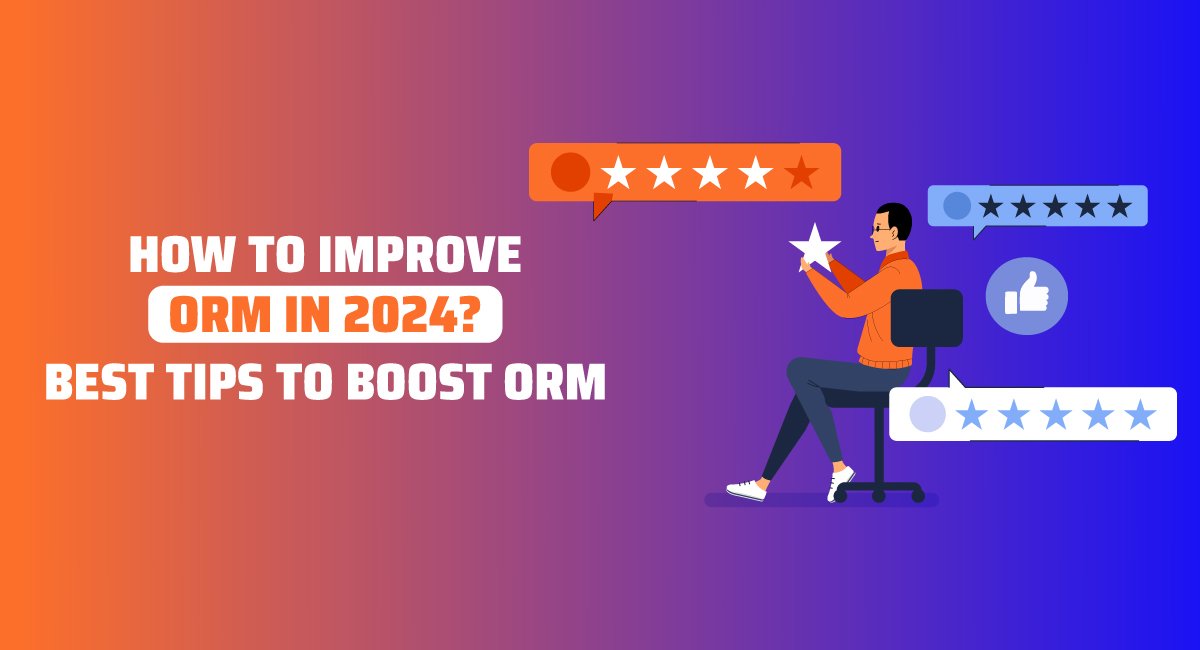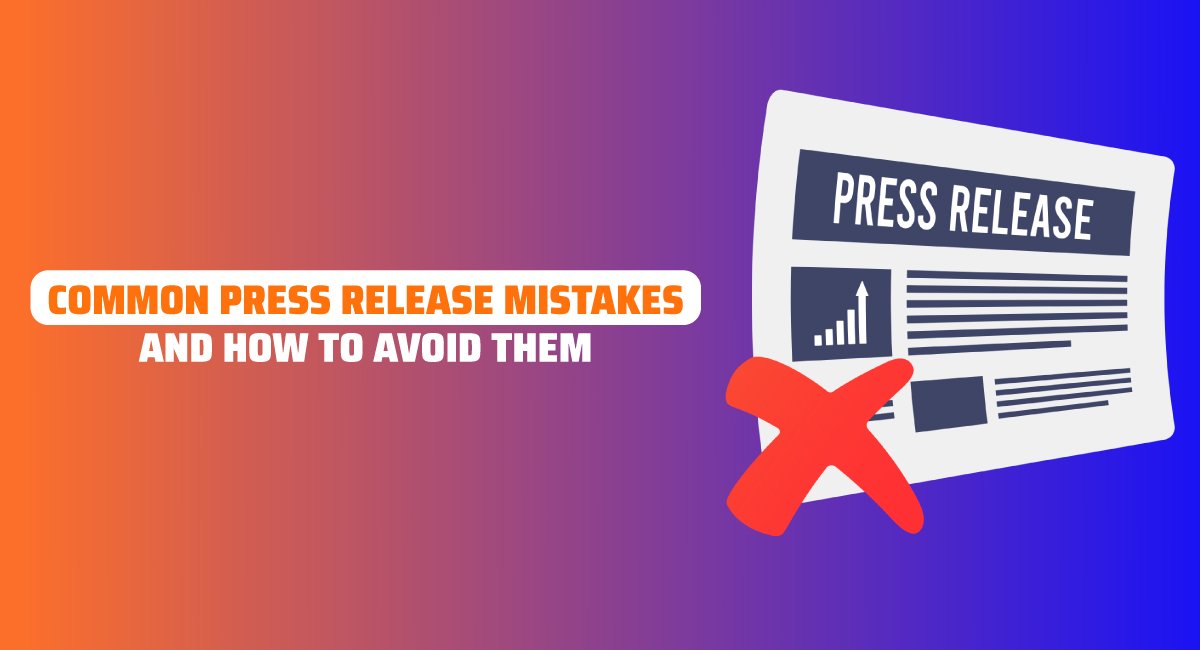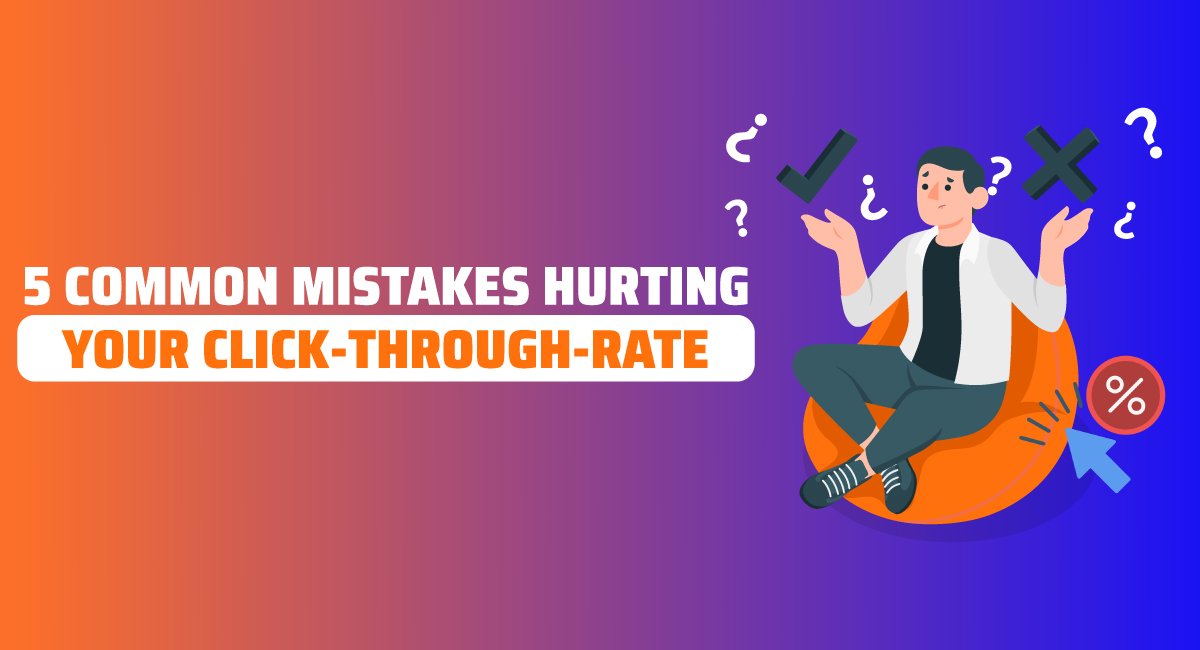
Keyword Clustering: The Fundamental Strategy to Win SEO
In the competitive world of SEO, finding the right target keywords is important and only the beginning. What makes it a more significant strategy is how you might organize and use these keywords correctly. This is where keyword clustering comes into the picture.
Keyword clustering is a technique that enables one to group similar keywords together, aiming at optimizing the content, thereby earning better ranks on search engines and organic traffic. Let's now look at what keyword clustering is, why it is important, and how you can implement it for SEO success.
What is Keyword Clustering?
Keyword clustering is a process where you bundle keywords based on their relevance in semantics. This means instead of trying to target various keywords on different pages, you will try to target groups of keywords clustered around a central theme or topic. Organizing your keywords into groups means that you would have a much more coherent and overarching content strategy, which would improve relevance, avoid keyword cannibalization, and create a friendlier user experience on your website.
For example, if the core theme is "digital marketing," instead of trying to optimize various pages with such keywords as "digital marketing agency," "SEO strategies," "content marketing tips," you can create groups around allied subtopics.
Each of these groups can then have a page or section but contribute to a central theme, thus making your site more relevant and comprehensive for users and search engines.
Why Keyword Clustering Matters
1. Enhanced Content Relevance
Search engines like Google consider content that answers the intent of users profoundly. Clustering keywords will ensure that you cover all crucial aspects of a topic, meaning your content stands to rank for multiple search queries related to them. A more holistic approach thereby improves the relevance of your content towards ranking for several keywords within a cluster.
2. Avoid Keyword Cannibalization
You are competing with yourself on multiple pages, confusing the search engine about what to rank for because that's keyword cannibalization. Clustering related keywords with properly distinguished silos of content cut the risk of cannibalization and tells search engines which page ranks for which query.
3. Better User Experience
Keyword clustering also improves the user experience. As a fully developed piece of content talking about all relevant subtopics of a central theme, users will know exactly what they are looking for without jumping from page to page. This will increase the time spent on site and lower the bounce rate and can improve the conversion rates over time.
4. Improved Internal Linking Opportunities
This also helps to structure your internal linking; when you are creating pages based on specific clusters, you can link between related pages more naturally. That not only aids to help your users navigate your site but also signifies to the search engines the relationships between your content, helping to boost the SEO value of each page.
5. Increase Topic Authority
For example, when clustering your content around groups of words or concepts, you enhance your authority for a subject. Search engines can better identify your website as the authority for a particular topic and hence augment your rankings for the precise words in your clusters as well as other similar search queries.
How to Apply Keyword Clustering
1. Keyword Research
Keyword clustering begins with doing broad keyword research, and you cannot skip this fundamental step. We use tools like Google Keyword Planner, SEMrush, Ahrefs, and Moz to find a massive set of keywords related to your industry or niche. Once you have all these keywords, categorize them according to your list.
2. Group Keywords According to Intent and Relevance
Organize the keyword list into logical groups. Keywords that carry the same intent-ex-for example, informational, transactional or navigational-should be grouped together. For example:
-Informational intent: "What is digital marketing?" "How does SEO work?"
-Transactional intent: "Best digital marketing agency" "Hire SEO experts"
3. Create Content Around Each Cluster
After that, you will require content that addresses the primary keyword for every one of your clusters and secondary content that centres on related keywords. So, if your cluster is "SEO," then you'll want a pillar page that discusses SEO extensively, but then create subpages or blogs that are even more in-depth about specifics of SEO, such as on-page SEO, link building, and technical SEO.
4. Optimize for User Intent
When you come up with content for each cluster, ensure it centres around satisfying user intent. Search engines are really known more about fulfilling the intent of the user so that your content answers the question or in a way solves the problem the users are looking for. This can also be optimized to help you gain featured snippets because these mostly come from well-targeted content that answers the most common queries of the user.
5. Implement strategic internal linking
Use internal linking to guide users deeper into your site once you have your clusters. When including links among pages within a cluster, you enhance their relevance in the eyes of the search engines and give users more chances to discover your deeper content on the topic. Internal linking also helps search engines crawl and index effectively.
6. Follow and Optimize Your Strategy
Lastly, keyword clustering is a process to be performed constantly in the future. Utilize analytics tools to monitor the performance of your clustered content and revise accordingly. You will likely see that some keywords perform better than others, and you can narrow down your clusters or create additional content for gaps.
Conclusion
Keyword clustering is a good SEO approach that will assist you organize keywords better, improve the relevance of your content, and enhance user experience. You can improve your ranking and avoid keyword cannibalization if you can group relevant keywords properly and optimize your content around clusters of keywords. Keyword clustering is basically a game-changer for your SEO efforts and digital marketing campaign. Keyword clustering can be done to fully exploit your content to rank higher in search result pages, and organic traffic starts flowing in more.

.png)


.png)






.png)
.png)

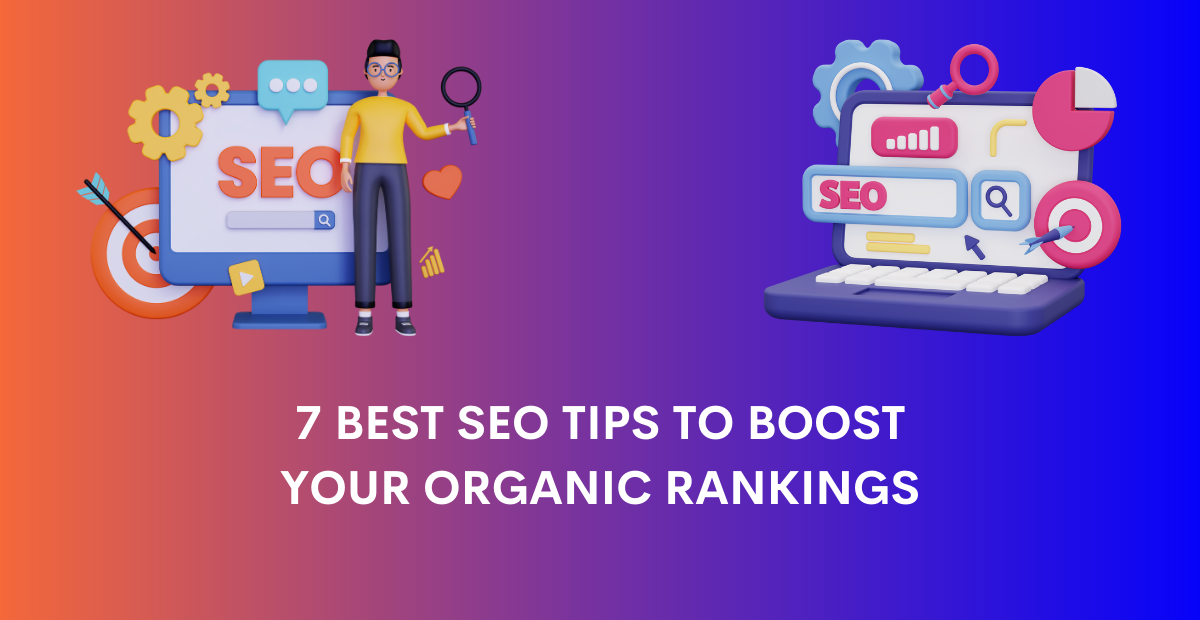
.png)
.png)
.png)
.png)
.png)
.png)
.png)

.png)
.png)
.png)
.png)
.png)
.png)
.png)
.png)
.png)
.png)









.jpg)






